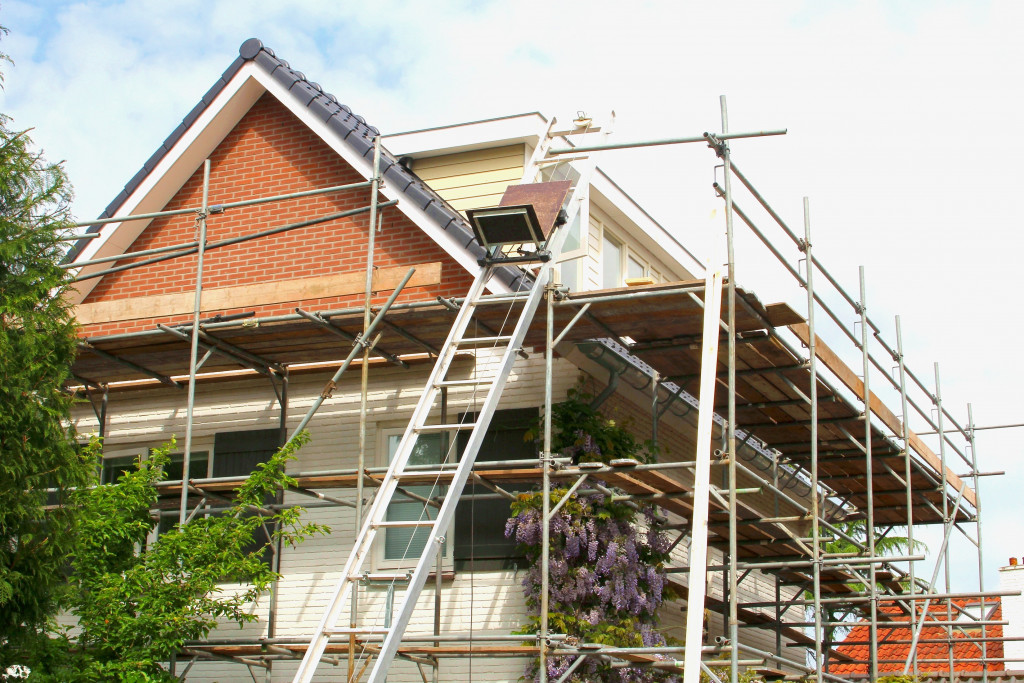In recent years, more and more Americans have been feeling the effects of a housing shortage. This shortage is causing rising prices in some areas while others struggle to find enough housing for their people. If you’re feeling the effects of this crisis, you’re not alone. Here’s a look at why there is such a shortage and what can be done about it.
The Causes of the Shortage
One of the leading causes of the housing shortage is an overall lack of supply. Building new homes takes time and money, but many local governments fail to invest in new construction projects due to financial constraints or regulations that make it difficult for builders to construct new homes quickly. As a result, homebuilders cannot keep up with the growing demand for housing, leading to higher prices and fewer available homes on the market.
In addition to an overall lack of supply, certain demographic factors contribute to the housing shortage. For example, millennials are now entering the real estate market in record numbers but often struggle to save enough money for a down payment due to high student loan debt and other financial obligations. Additionally, older generations are living longer than ever before, which has caused an increase in demand for retirement homes and senior living communities.
What Can Be Done?
Fortunately, some things can be done to help ease the burden of this crisis on American families. First and foremost, local governments must invest more money into building affordable housing units so people can access quality homes at reasonable prices. Additionally, many cities have begun implementing rent control policies that limit rent increases on existing units, so tenants don’t get priced out of their homes by rapidly increasing rents. Finally, programs like HUD’s Section 8 voucher program provide rental assistance for low-income households to afford safe and secure housing without fear of eviction or homelessness due to cost concerns. Interestingly enough, entrepreneurs can do something about this problem. They can start a house-flipping business.

House Flipping: How to Get Started
House flipping is a great way to make some extra money and help out potential homebuyers in the process. The basic idea is to buy a property at a discounted rate, fix it up, and sell it for a profit. It takes time and effort, but it can be a profitable venture with the proper knowledge and skillset. Here’s how to get started:
Start With Your Property
Your property is one of the best places to start. You can flip your home and sell it for a considerable profit. First, start by getting an affordable renovation loan. This loan can help you finance any renovations and repairs needed to get the property up to market value. The main advantage of this kind of loan is that you can flip your home with little risk. Once you do, you can sell your home at a considerable profit. From there, you can start your business.
Buy Fixer-Uppers
Millions of old homes in the U.S. Some of these homes need significant repairs and renovations. Buyers can often purchase these homes at a discounted rate, fix them up, and then sell them for a profit. It’s essential to have a contractor or experienced real estate agent evaluate the property, so you know what repairs and renovations will be necessary before you purchase it.
Advertise Your Business
Once you’ve bought and fixed up your first few properties, start advertising your business online or in local newspapers. Network with local realtors, read industry news and attend property auctions to find deals. You can also use social media platforms like Facebook or Instagram to promote your business. Also, don’t forget about the power of word-of-mouth referrals.
Evaluate Your Deals
It’s essential to be selective when it comes to choosing your deals. Inspect the property thoroughly before investing in it, and always get a professional opinion on major repairs or renovations needed. Lastly, ensure you’re not overpaying for the home by researching comparable sales in the area.
The U.S. faces a severe problem when it comes to providing enough affordable housing for its citizens; however, with increased investment from local governments, as well as rent control policies and rental assistance programs from organizations like HUD, we can begin working towards alleviating this crisis one step at a time. No matter your current situation when it comes to renting or buying a home, it’s essential to educate yourself on your rights as a tenant or homeowner so that you don’t become another statistic in this growing epidemic.
